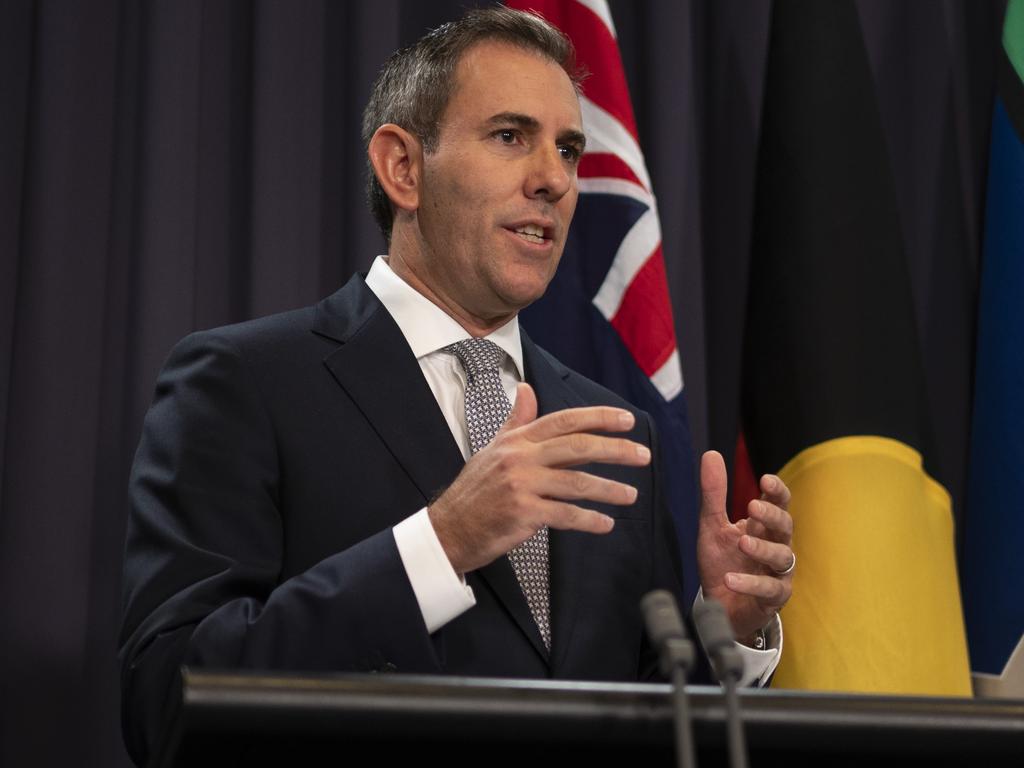Unnecessary: Chevron slams budget tax hike
US energy giant Chevron has broken ranks with the oil and gas industry, criticising a hike in the petroleum resource rent tax to be included in Tuesday’s federal budget.
Business
Don't miss out on the headlines from Business. Followed categories will be added to My News.
US energy giant Chevron has broken ranks with the oil and gas industry, criticising a hike in the petroleum resource rent tax to be included in Tuesday’s federal budget.
Chevron, owner of the $80bn Gorgon and Wheatstone LNG projects in Western Australia, said the previous regime was working and there was no need for a further industry impost.
“We do not believe changes to PRRT were necessary because the prevailing settings were working as intended and Chevron was always forecast to pay PRRT once it had recovered its initial investment on its projects in Western Australia,” a Chevron spokesman said. “We make long-term and large-scale investments on the basis of a commitment to a stable fiscal and regulatory environment. Fiscal and regulatory certainty is key for countries such as Australia to remain an attractive place to invest and compete with other energy-producing countries.”
The Albanese government plans to introduce a 90 per cent cap on the use of deductions that can be offset under the Petroleum Resource Rent Tax from July 1, which will bring forward revenue from the nation’s offshore LNG projects.
Industry body APPEA said on Sunday the overhaul would ensure more revenue flowed to the budget earlier from offshore LNG producers while providing certainty for the industry as it considered future investments.
However, Credit Suisse said Labor’s new tax hike would reduce the country’s competitive advantage in gas.
Citi analyst James Byrne said changes to the PRRT set to be adopted by the Australian government were “better than feared”.
Critically, the new design extracted tax receipts across the industry, as opposed to targeting Woodside Energy’s Pluto project, the broker said.
A proposed LNG netback change for gas transfer pricing would have seen 10-15 per cent downside to consensus earnings per share, based on Citi estimates.
But the government favoured a “deductions cap”, where the 40 per cent PRRT rate is applied to 10 per cent of upstream revenue as a minimum cash tax payment by LNG projects.
Mr Byrne now sees a mid-single-digit percentage downside risk to consensus earnings per share and free cash flow for Woodside, and 5 per cent on valuation.
“In addition, the deductions cap only starts when a project has been producing for seven years, so that the internal rate of return of new projects isn’t materially compromised, which is a relief for Browse and Scarborough,” he said.
“Therefore, the deductions cap seems to have struck a good balance between sharing the load across industry, earning more cash tax for government, and not threatening economics of growth projects.
“This should be seen by government, industry and the investment community as an elegant compromise, in our view.”
Unsanctioned projects such as Browse, Australia’s largest untapped conventional gas resource, may be under threat from the clampdown, along with other offshore WA projects, Credit Suisse analyst Saul Kavonic said.
“It’s worth recalling that Australia’s reputation as a stable investment environment is what enabled the development the development of our large LNG industry and second largest export earner,” he said.
“Policy stability overcame a relatively disadvantaged cost base and challenging geology versus other global LNG nations.”
Woodside’s North West Shelf LNG plant is not affected by the PRRT changes.
More Coverage
Originally published as Unnecessary: Chevron slams budget tax hike





